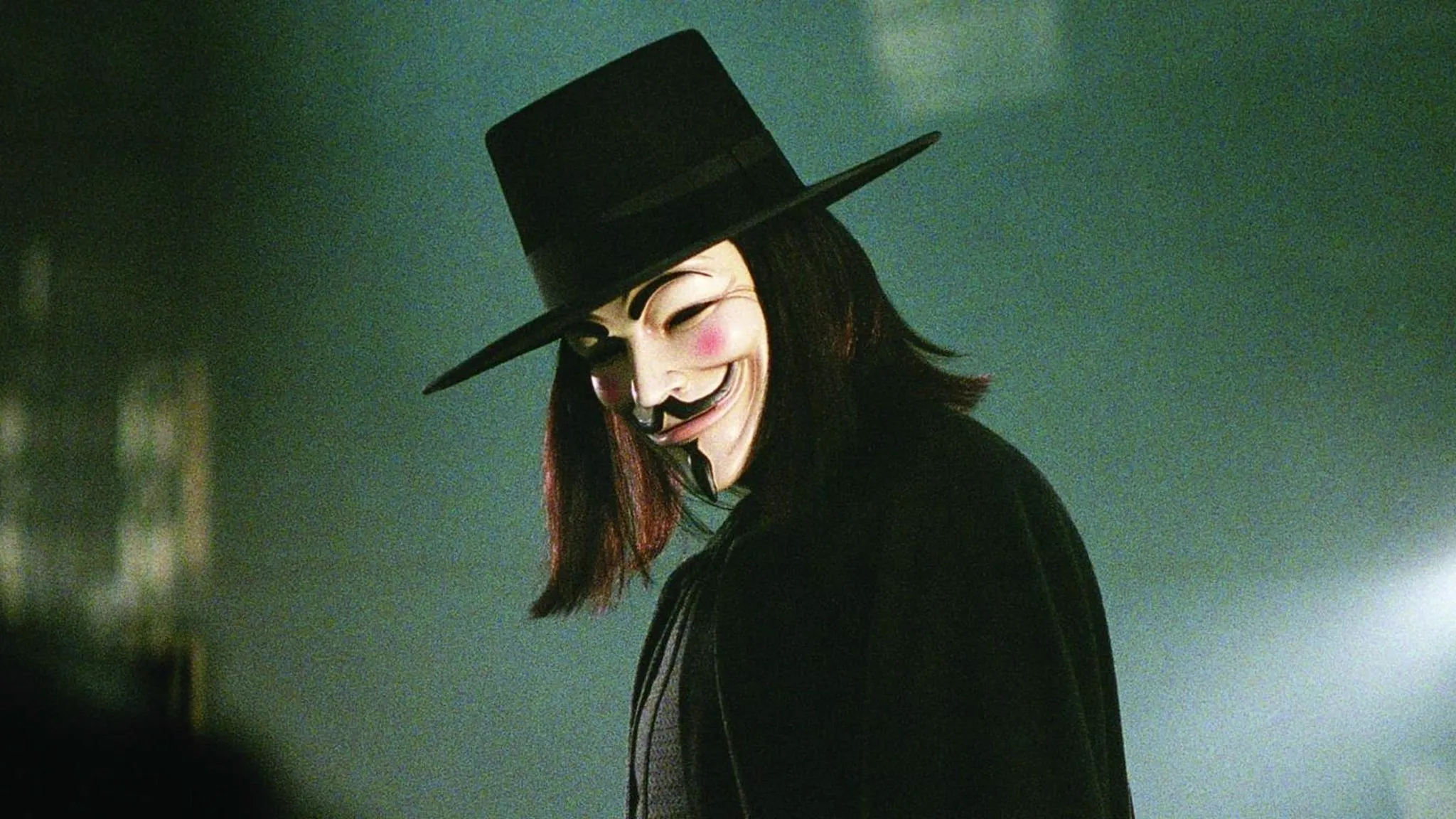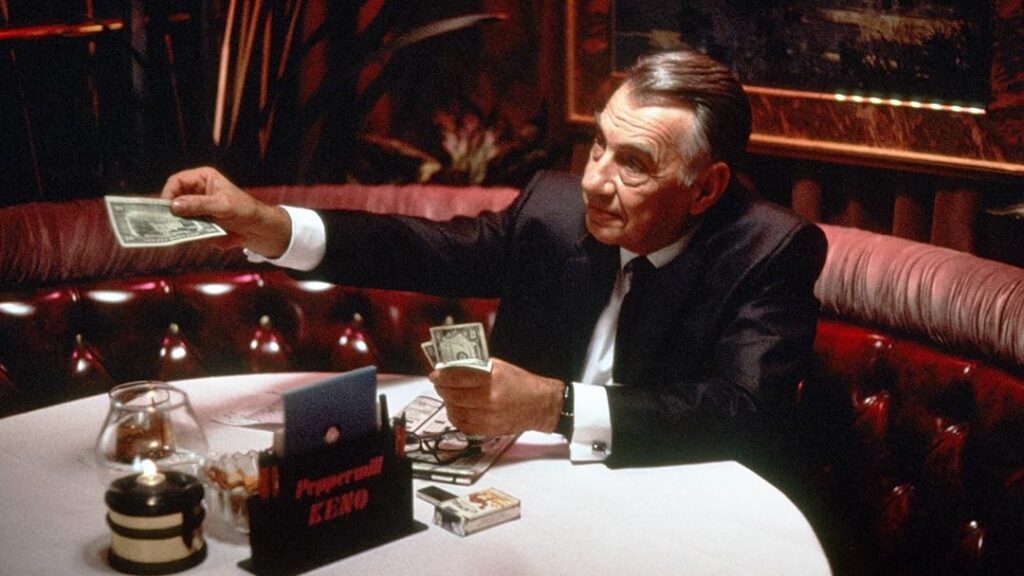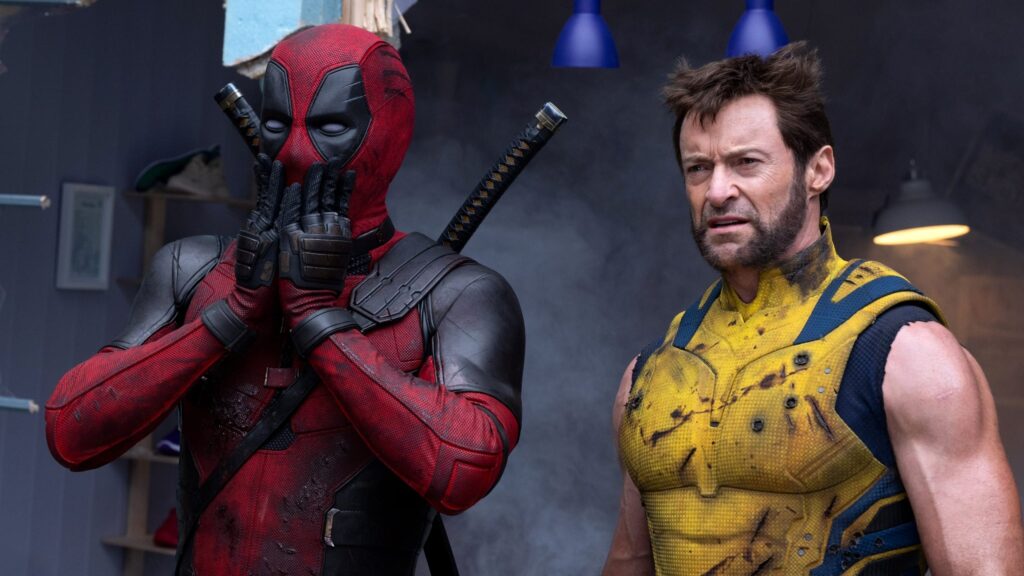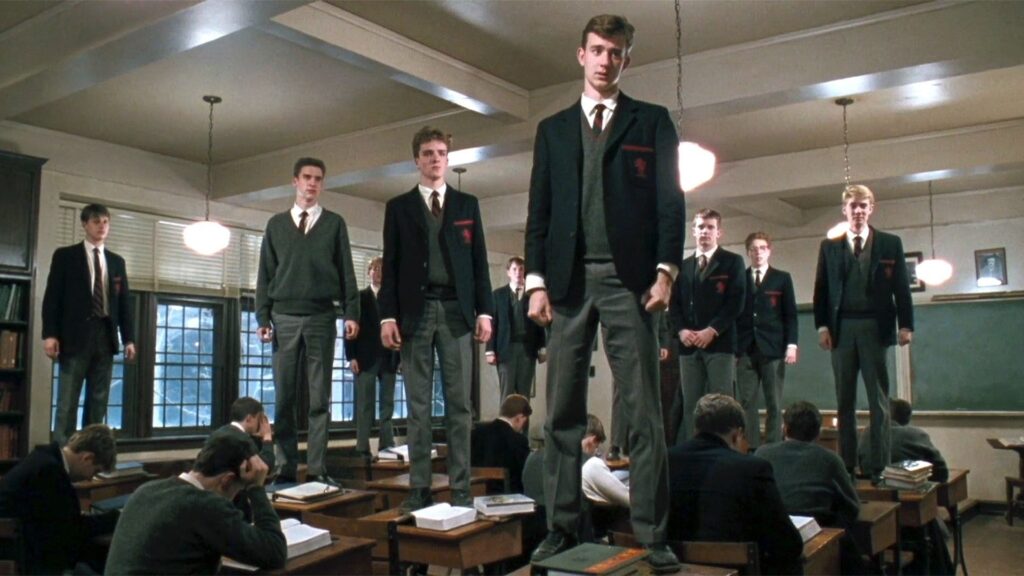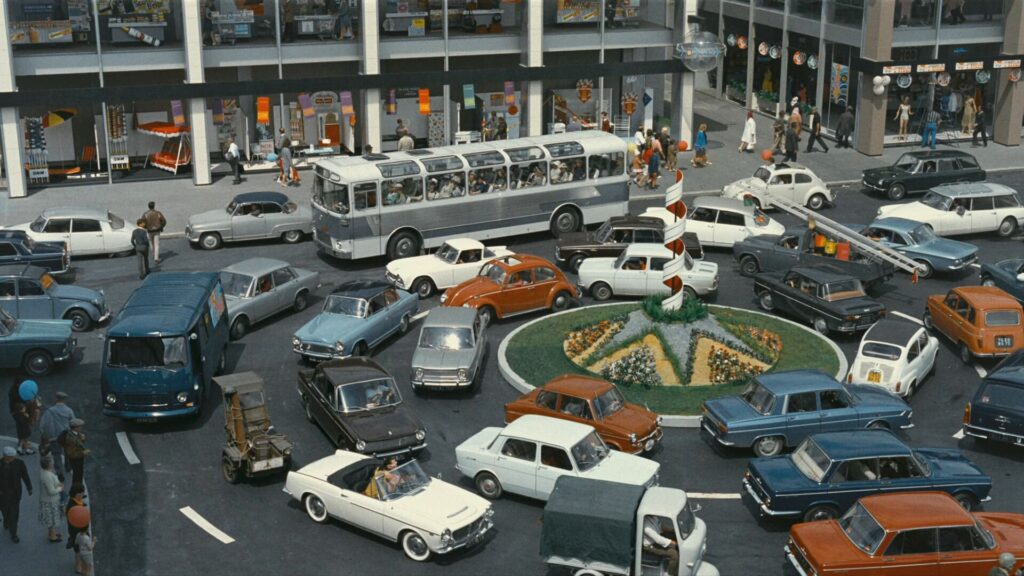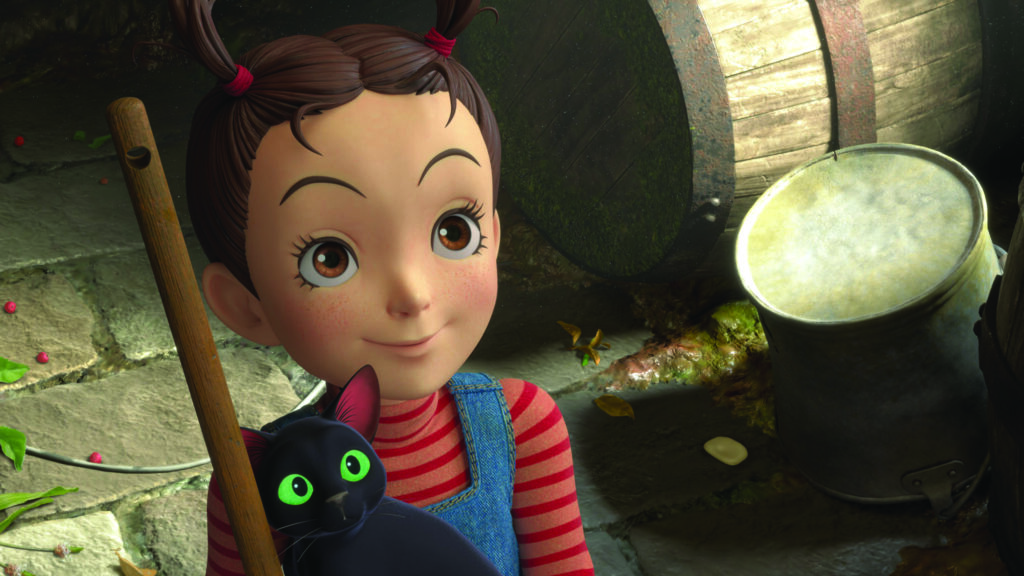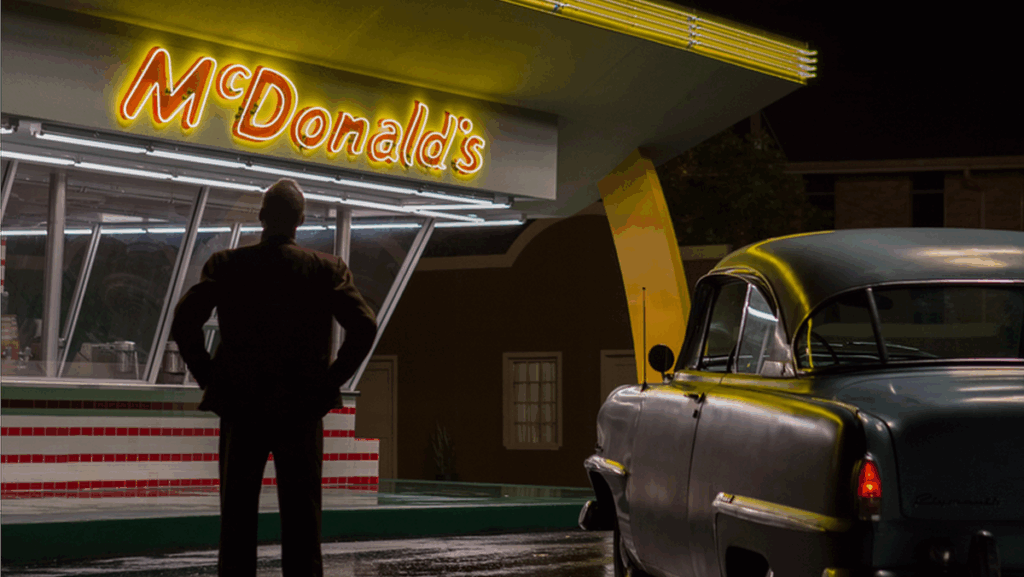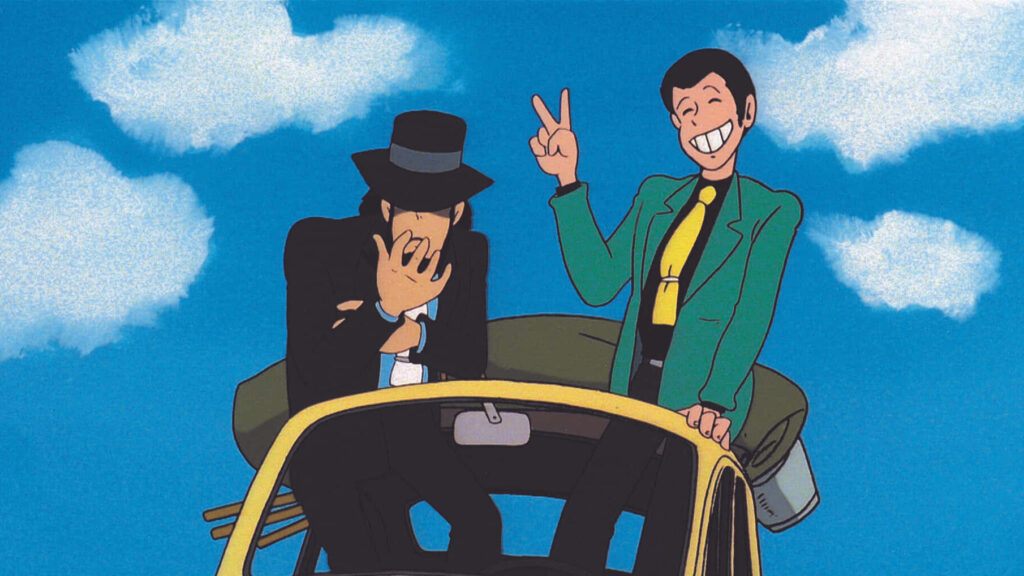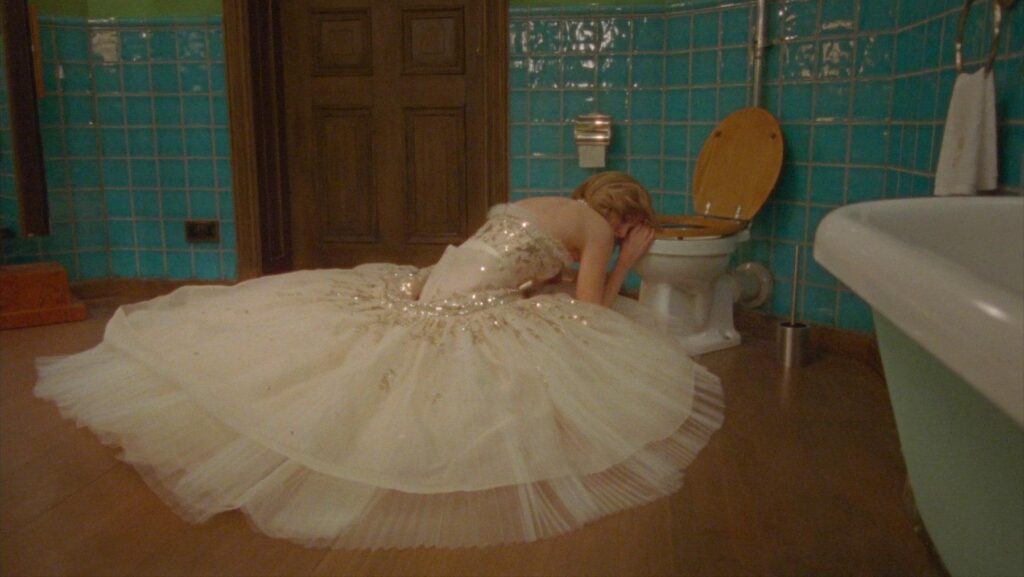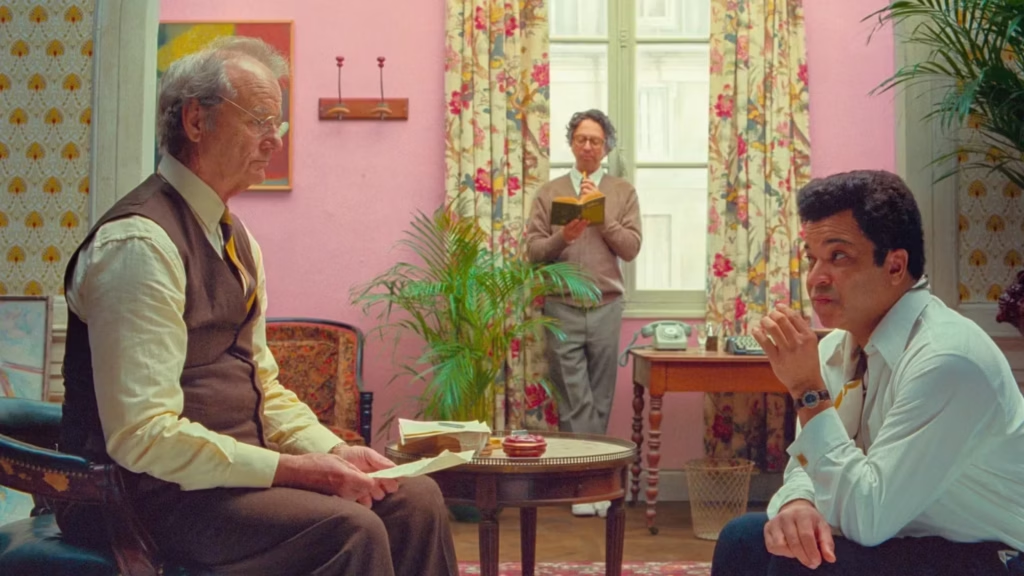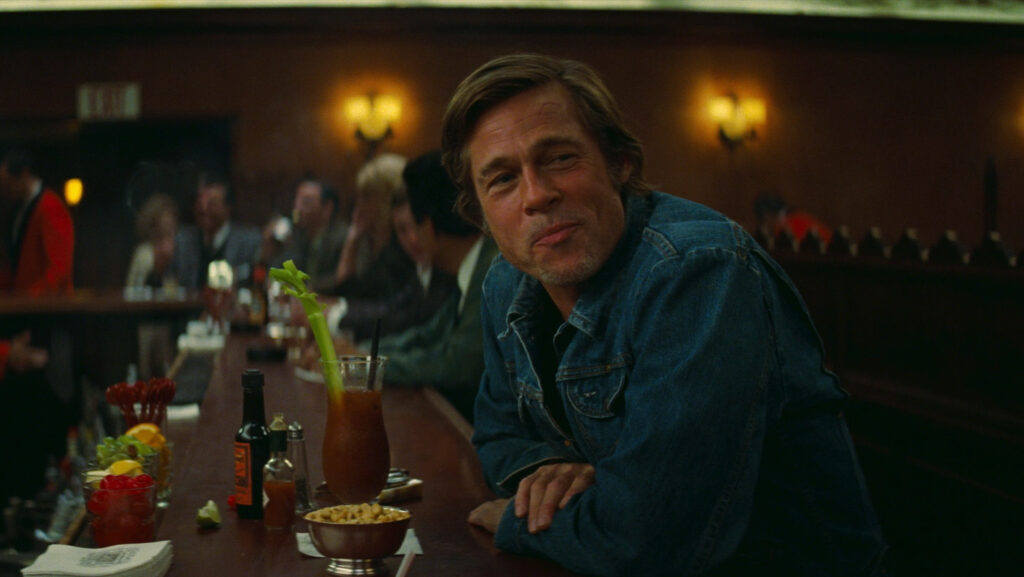I venture to say that this profoundly corny action epic about “totalitarianism” wants to be more important than it actually is.
While watching the directorial debut of the co-director of films like The Matrix and Attack of the Clones, I found it impossible not to compare his breakout feature with other blockbusters similar to it. The creation, having been adapted from a DC graphic novel, and the reception (praise from new viewers contrasted with hatred from readers of the original source material) reminded me of 2009’s Watchmen. The manic presentation and mindless action had me recall those very same Matrix movies, the inspiration no doubt stemmed from the very writers of the movie, Lily and Lana Wachowski. And I couldn’t help but notice how much more well-handled the exposition dumps were in this than in George Lucas’s Star Wars prequel trilogy.
In truth, V for Vendetta is inspired by a lot of other films and filmmakers (not Watchmen or Zack Snyder of course) and this combined inspiration makes way for the film’s unique style. Stylistic decisions are often purposeful, though frequently silly, and leave little room for boredom, unlike most blockbusters of the modern day.
Despite the ambiguity of the original graphic novel (as far as I can tell), the film adaptation gives a very obvious and unsubtle look at politics. The world portrayed is a strictly governed dictatorship, overseen by relentlessly cartoonish fascists. V, an insurgent vigilante, spreads his message of reform in an equally cartoonish and theatrical manner. As annoying as such a story may sound, the transparency of the film’s narrative certainly works for its message; fascism is oppressive, and it takes unity to rise up against it.
It’s the demonstration of unity that I appreciate most about the film’s climax, and subsequently message. By avoiding illustrating an individualist fantasy in which V is the hero who saves the population all on his own, the film exhibits more political maturity (note the use of the word ‘more’) and gives a greater meaning to its themes. With this, the film exhibits a political intelligence that surprisingly few films can capture, while remaining symbolic; the beginning of the revolution shown in the film is a symbol of revolution itself, not a representation of how a real one must happen; the world we see is not a dystopian future, but an exaggeration of our current real life.
The oversimplifications come at a cost however, as such a story can do. The inciting incident for the population’s craving for liberation happens instantaneously, by way of V’s ominous broadcast, and the government’s manipulation of the media to demonize him doesn’t work? It would. It definitely would. I suppose this aspect of the film is idealism; that people would truly unite and not be distracted into fighting amongst themselves.
We are also shown few examples of totalitarian brutality. We see police brutality, we see censorship and lies in the media, we see the standard ‘loudspeaker with unthreatening female voice giving citizens instructions’ cliché, but little else. What about class issues? Prejudice beyond homosexuality? Systemic prejudice? All this film can muster about bigotry is gay women actually being kidnapped and tortured? Brainwashing in education? Resource hoarding? How are UK citizens being oppressed beyond just a lack of freedom?
The film’s embellishment of each element makes room for interpretations that are not difficult to come by. The government covering up their misconduct as a terrorist attack from religious extremists is an obvious commentary on 9/11. Fingermen are representations of corrupt police forces. The population’s initial subservience to their government is a protest to blind nationalism. Britain’s portrayal of America in the media is not unlike western portrayals of third world countries (War on Terror, nudge, nudge), transposing the USA’s tactics against itself. You could do this all day.
Though it is corny, though the action is poor, though it’s incredibly rushed, though it celebrates Guy Fawkes as some kind of freedom fighting icon, though it’s likely a bastardization of a politically complex book, V for Vendetta succeeds as a political thriller, encouraging contemplation, and most importantly, entertaining its audience. Like Roger Ebert, I would call the film a “confusion of ideas”, and I too, find its chaotic development charming and fitting.
(This may be the most pretentious review I’ve ever written.)
